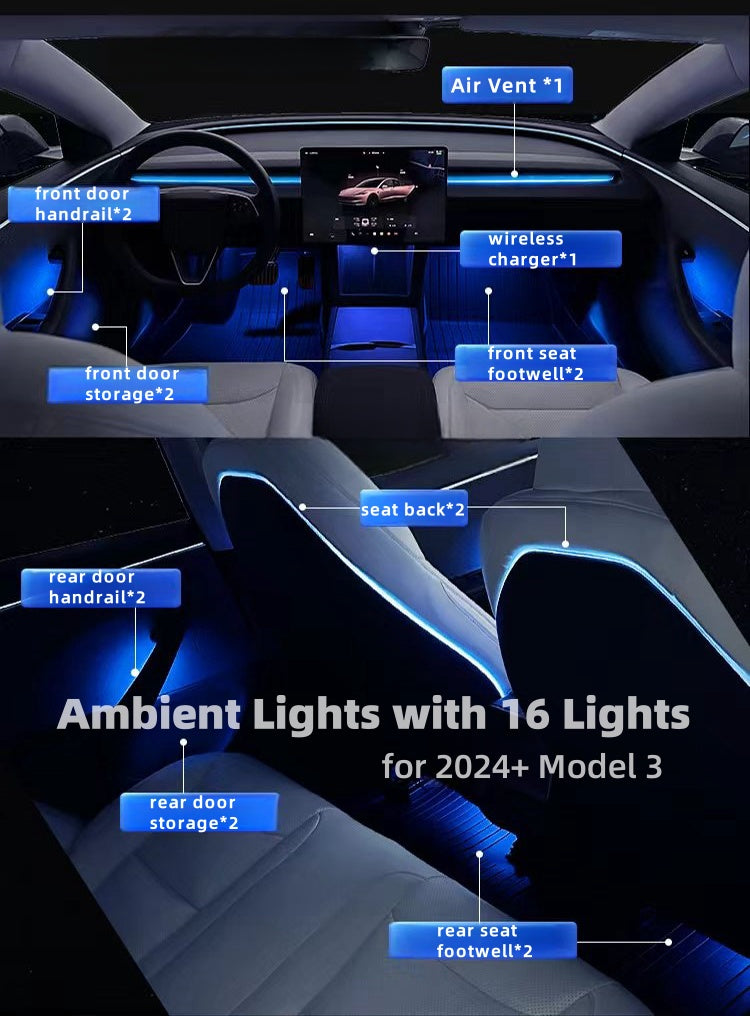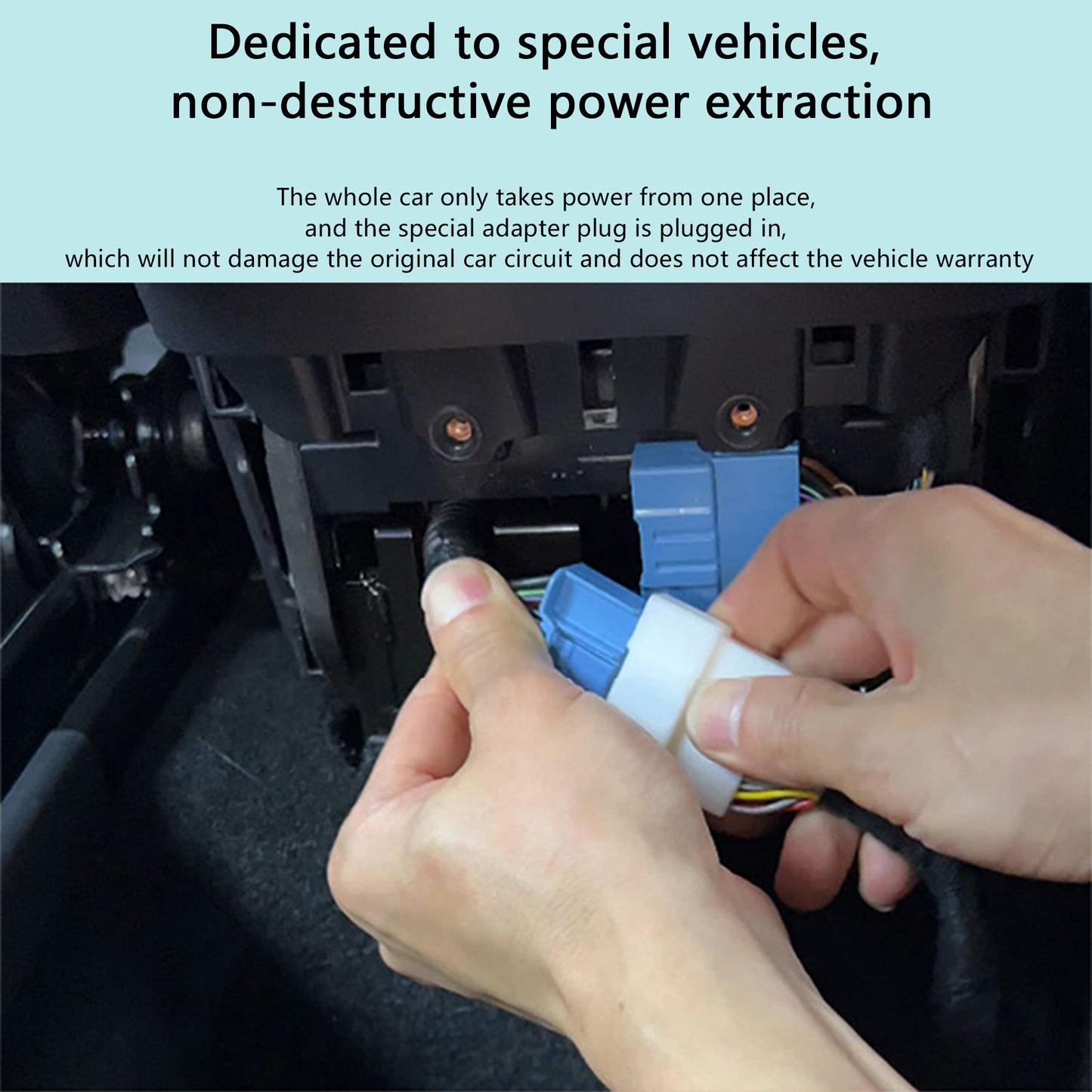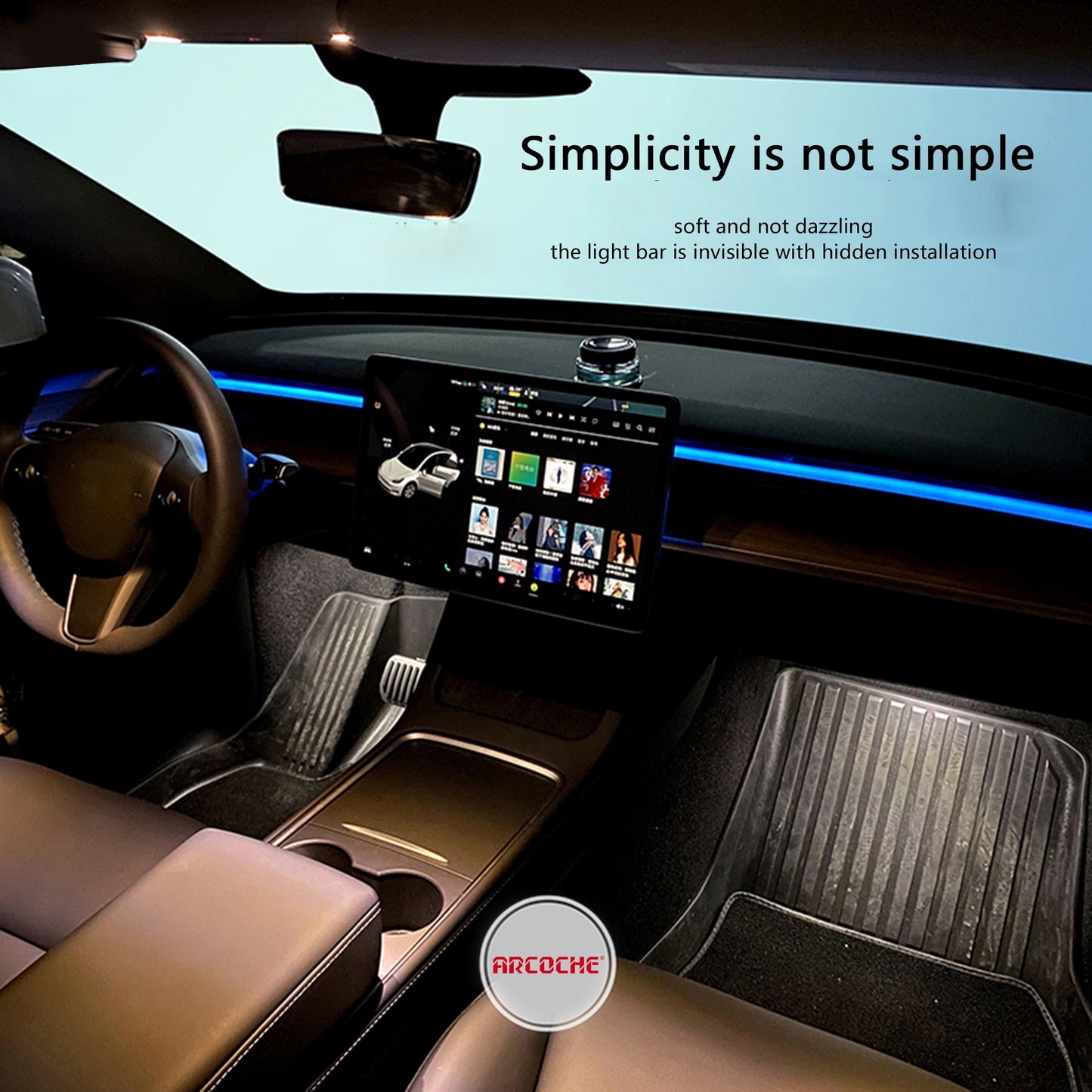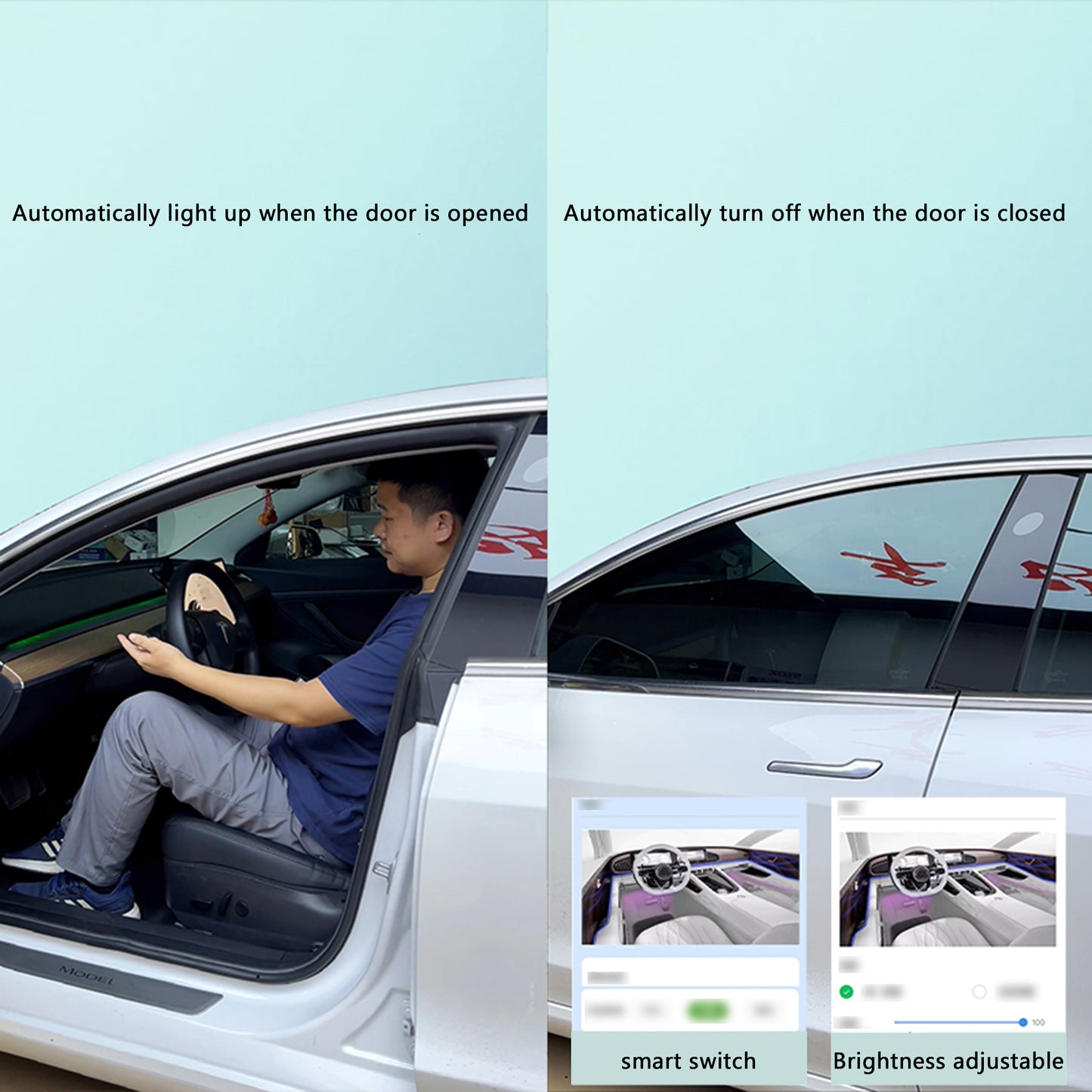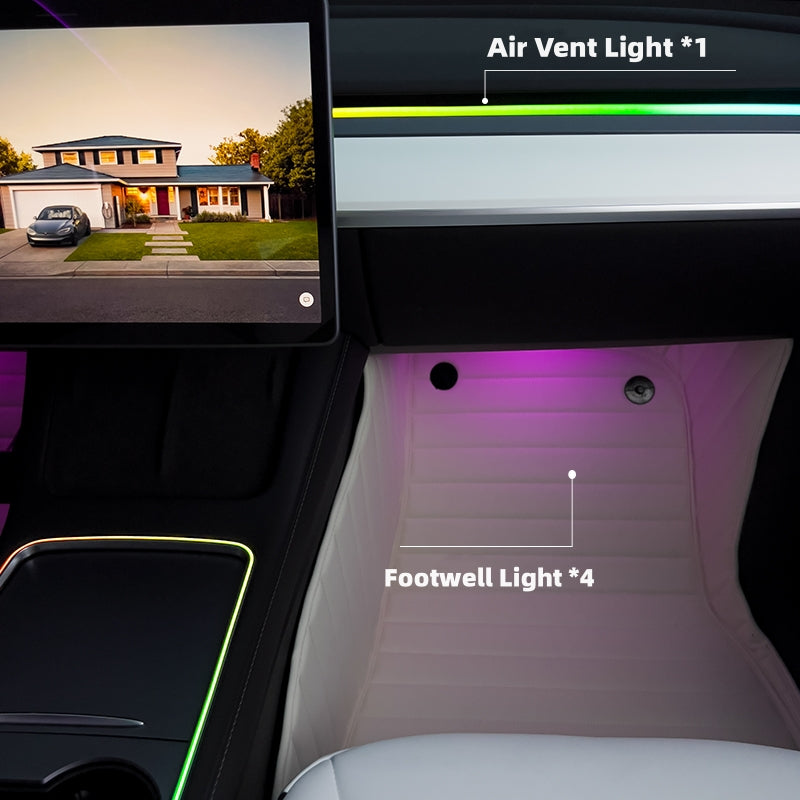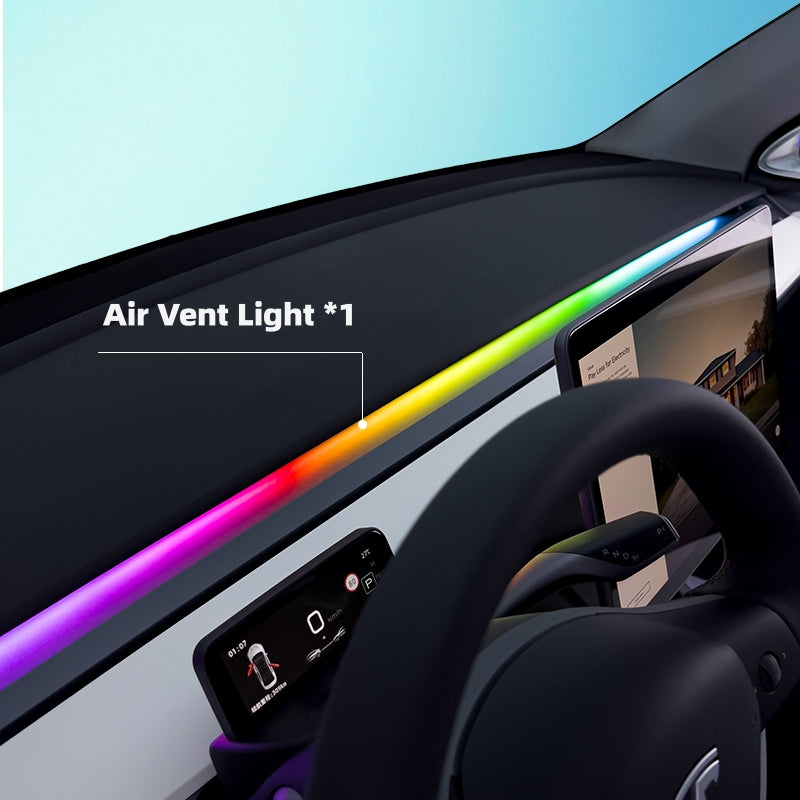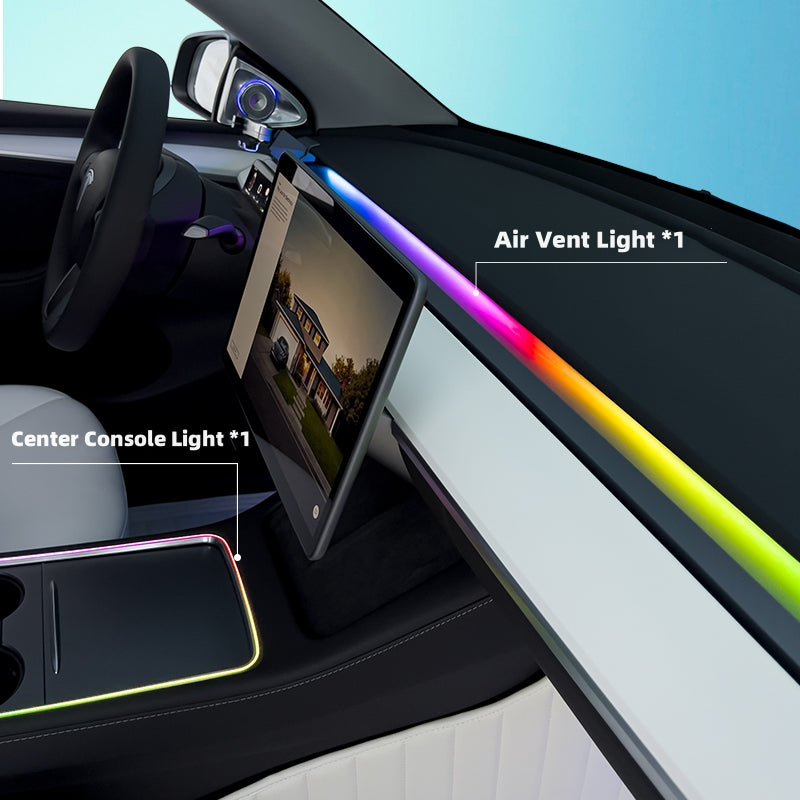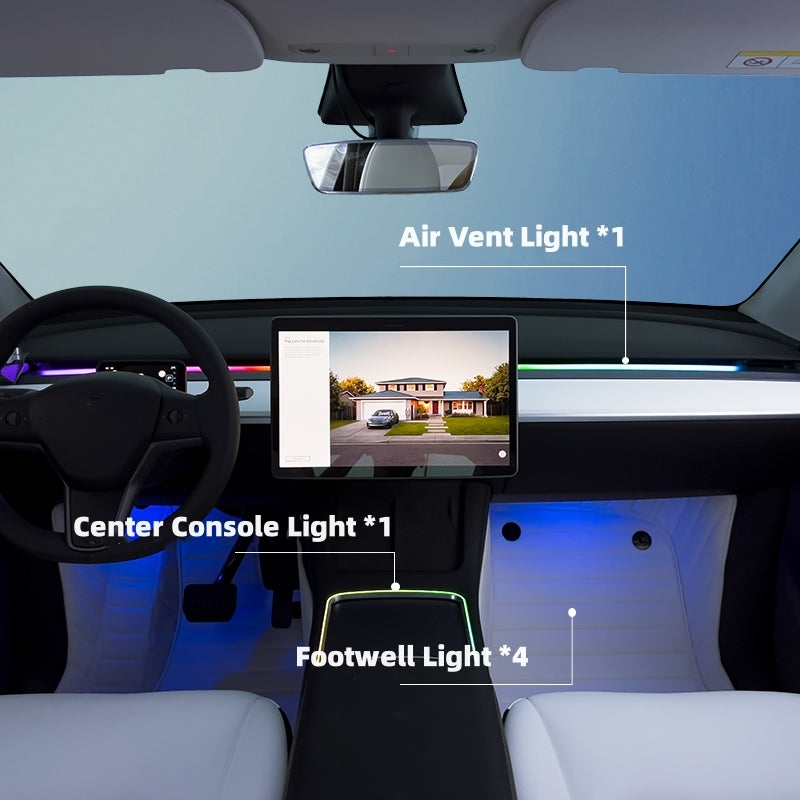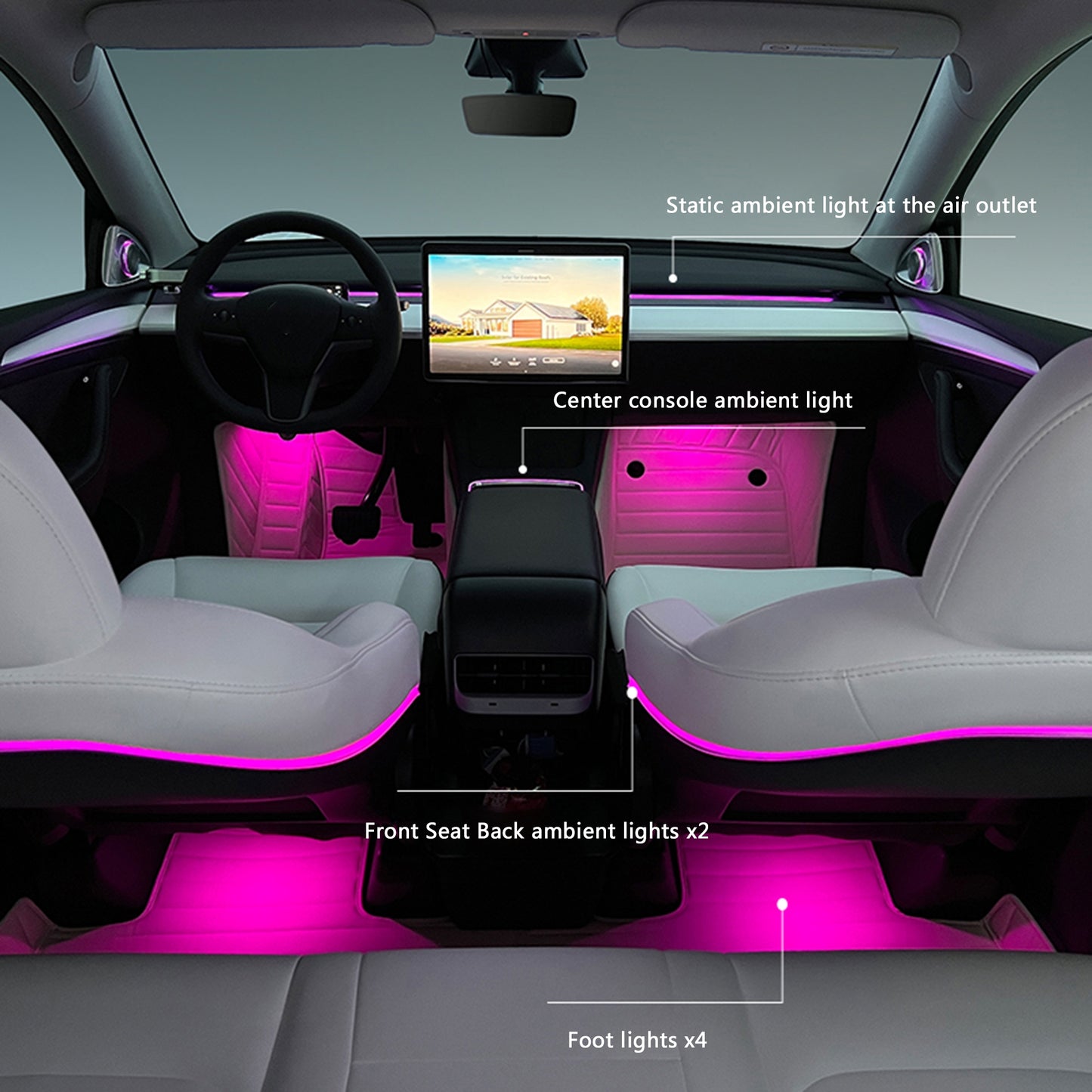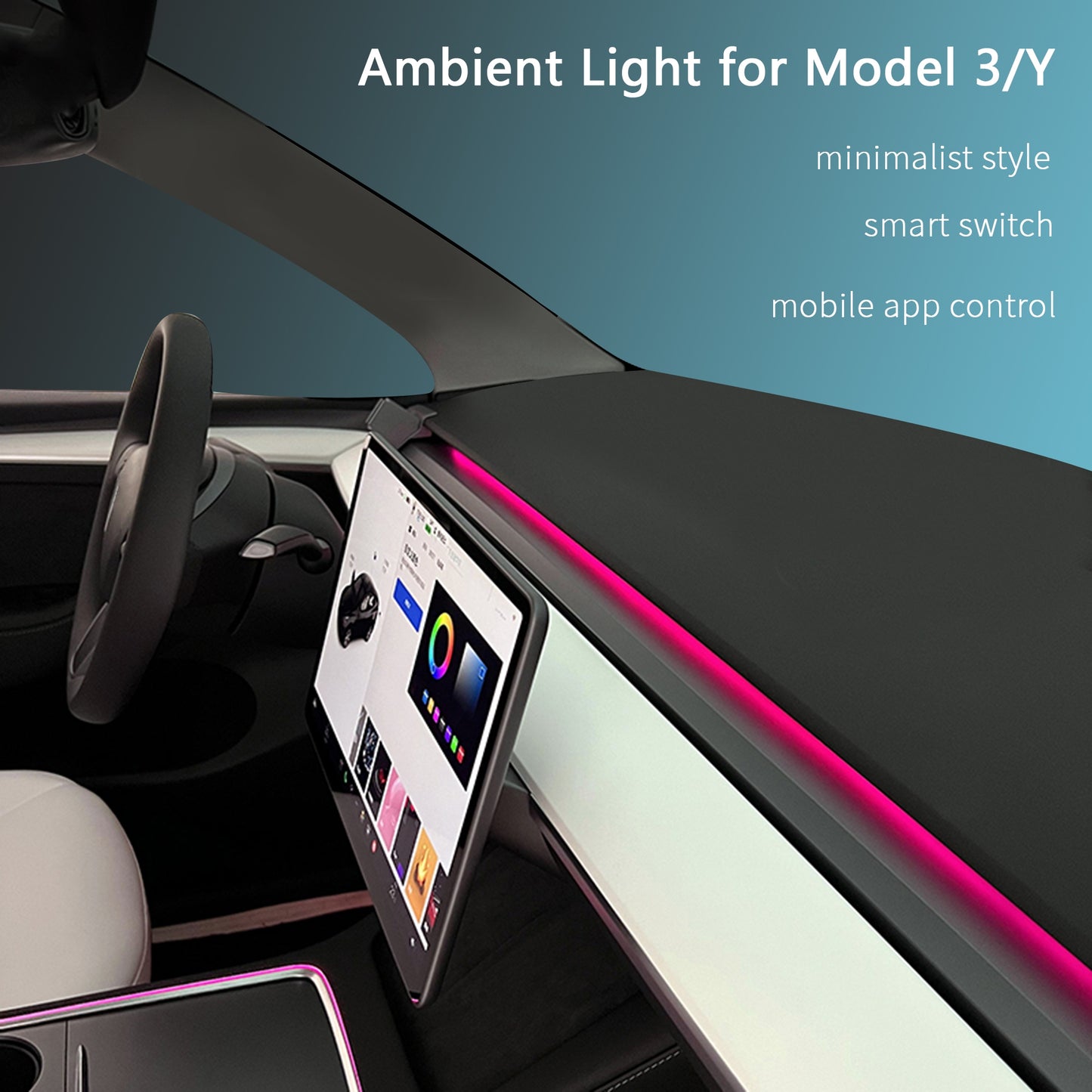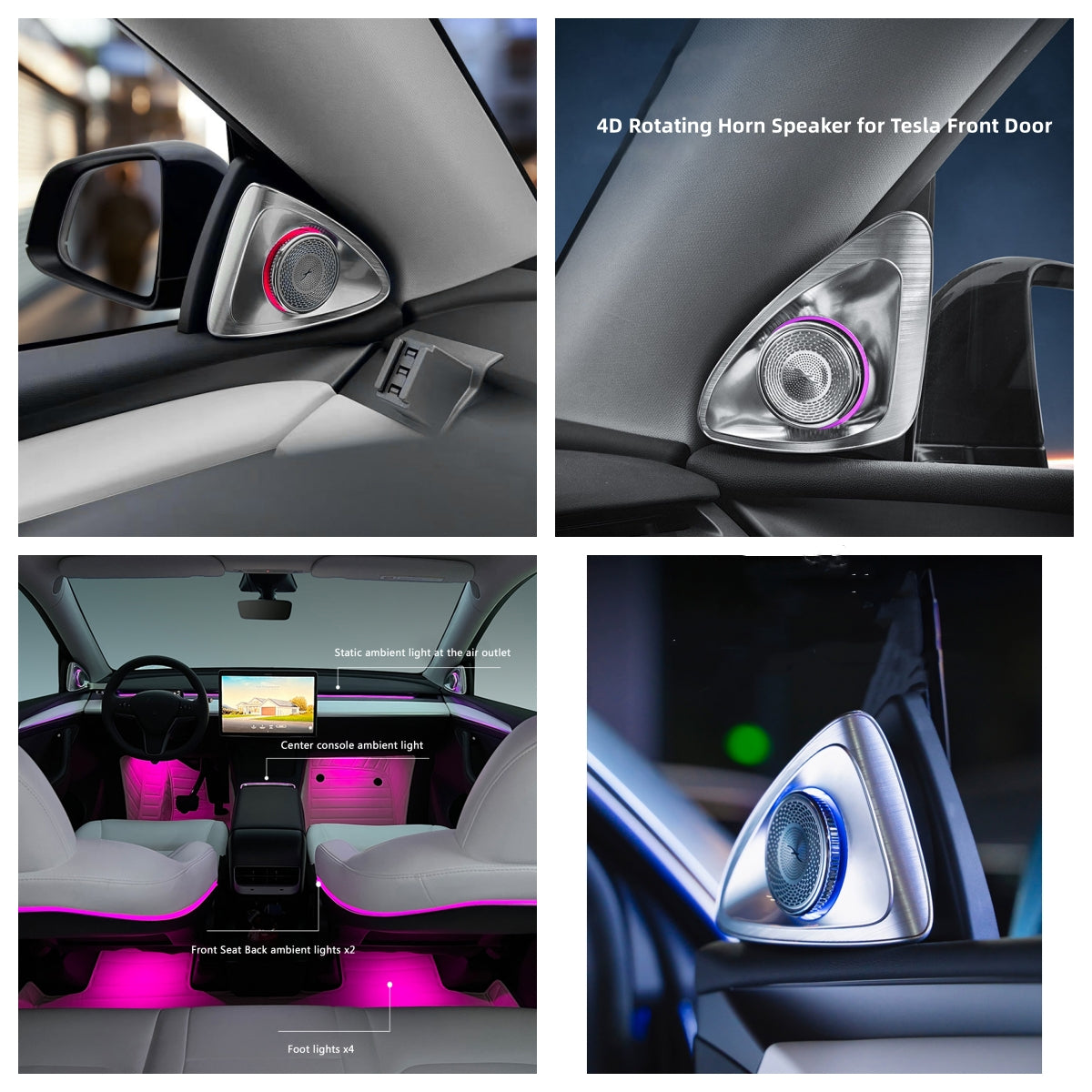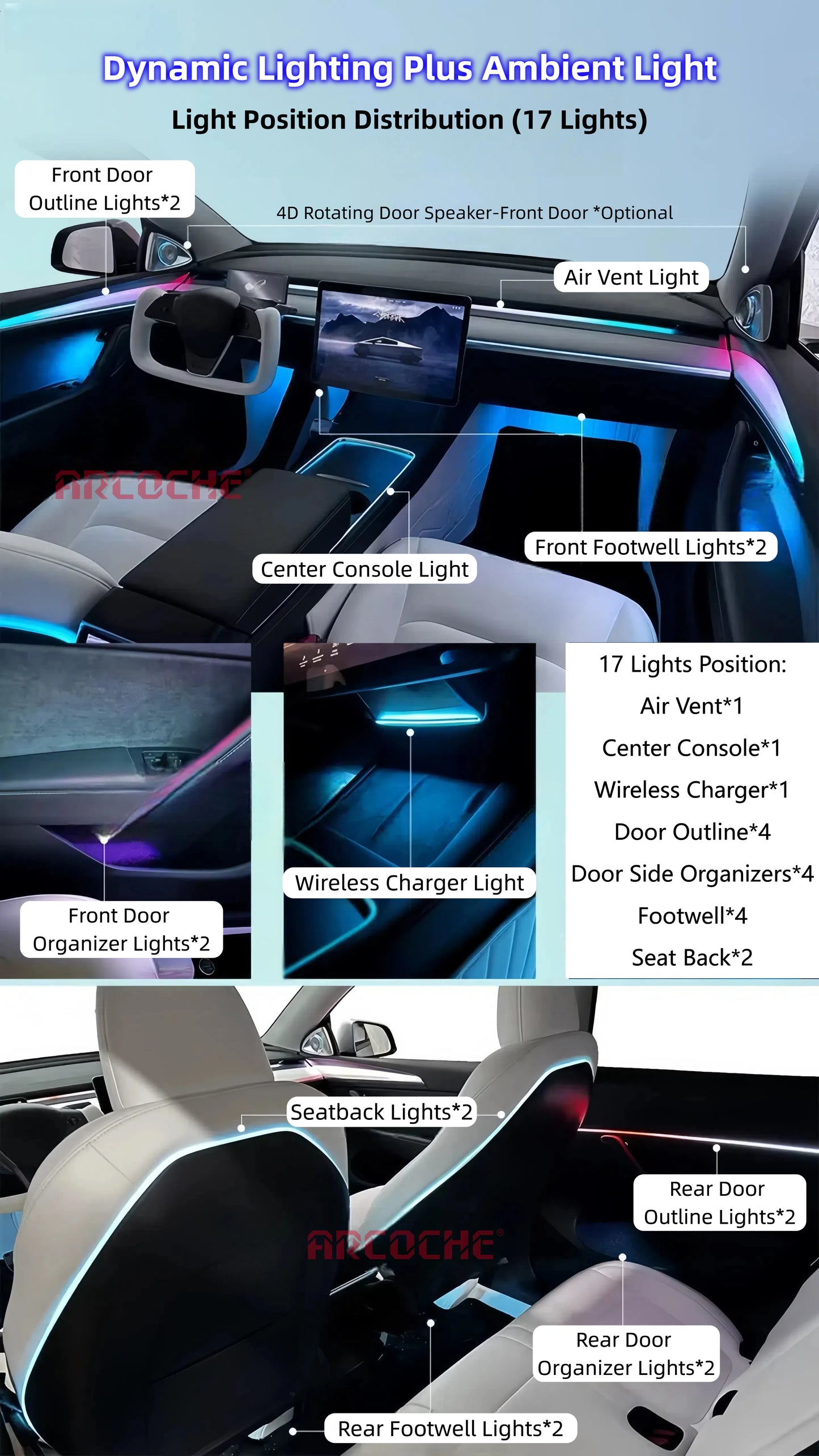
Breakthroughs Unveiled: 9 Pioneering Cleantech Stories This Week
Last week's most prominent cleantech headlines undoubtedly revolved around Tesla's Q3 2023 investor conference call. This isn't just due to Tesla's status as a global cleantech leader, but also because of the unusual nature of the call, which could potentially signify a significant shift in Tesla's long-term trajectory. One major takeaway is that expectations for Tesla, based on Elon Musk's years-long statements and projections about the company, might now be excessively optimistic and unrealistic. Tesla appears to be far from its previously forecasted 50% Compound Annual Growth Rate (CAGR) throughout the 2020s, a projection that Musk and his team are now revising. The Cybertruck faces yet another delay, and Musk admitted, "we dug our own grave with Cybertruck." Jennifer Sensiba contends that irrespective of the Cybertruck, Tesla should have pursued a more conventional pickup truck design, akin to the Truckla or the Ford Maverick. Musk struggled to articulate his expectations for Full Self-Driving (FSD), and on the whole, he sounded somber, even teary-eyed toward the end of the call. It was an unusual turn of events.
In addition to the aforementioned articles, I suggest watching our dedicated EV Obsession show covering the Tesla conference call.
On a more positive note, the Biden administration is injecting $3.5 billion into "58 projects across 44 states to fortify electric grid resilience and reliability throughout America." This is a critical investment that will significantly support the adoption and use of renewable energy. The substantial funding stems from the Bipartisan Infrastructure Law, passed by Congress before Republicans assumed control of the House of Representatives in 2022.
And for a quirky, light-hearted, and somewhat perplexing piece of cleantech news to lighten the mood, Disney has patented an intriguing EV charging station of sorts. It's unclear what Disney intends to use this for, where it might be implemented, and how it fits into their overall plans. There's also a possibility that nothing may materialize from the patent, but that would be a bit disappointing.
We also released the latest report on EV sales in France last week. The Tesla Model Y still leads the charts, followed by various compact electric cars. Overall, Stellantis holds the highest market share for plug-in vehicles in the country, followed by the Renault-Nissan Alliance and then Tesla.
With the ongoing EV revolution and the broader "Electrify Everything" movement, one thing is becoming evident: we need a significant increase in the number of electricians! If you're in search of a job or contemplating a career change, it's worth noting that electricians, particularly those specializing in EV charging, are in high demand. In fact, one of the major hurdles to a swifter transition to electric vehicles may well be a shortage of skilled electricians.
On the topic of jobs and the economy, a recent study highlights that the shift to electric vehicles could yield $178 billion in benefits for the state of Illinois alone.
Turning back to Tesla, BMW is the latest automaker to announce its adoption of the North American Charging Standard (NACS), which is Tesla's charging standard. This effectively leaves Volkswagen Group and Stellantis as the most notable automakers that have yet to declare a switch to the NACS.
In Ghana, the company Kofa has partnered with TAILG to establish a battery swap network for electric motorcycles. The joint venture aims to have "200,000 electric vehicles using the Kofa battery swap network by 2030." That would be a noteworthy achievement!
If you're still hungry for more, here are Jo Borras' top picks for electric cars that aren't from Tesla. I concur with some choices, while others don't quite align with my perspective. You can catch our dedicated discussion of this list on YouTube.
--------This article is partly excerpted from CleanTechica.



